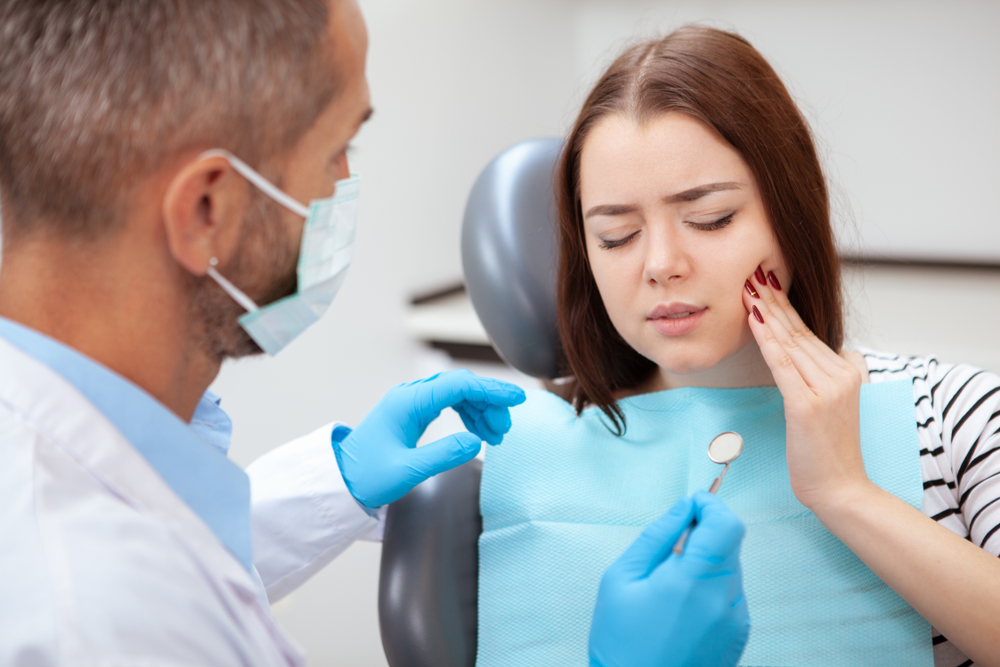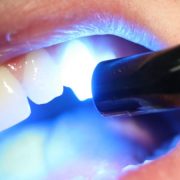Dental emergencies are common, but not knowing the warning signs and ways to handle them can be dangerous. It is crucial to stay calm and not panic during a dental emergency until you reach a dental specialist.
The family dentist in Plainville, MA, and their team specializes in handling dental emergencies with ease, making the patients relaxed and comfortable during the treatment.
A comprehensive guide to dental emergencies
A dental emergency is a situation that requires immediate attention. Certain injuries to your teeth and surrounding soft tissues can become serious, leading to further damage. It is essential to contact your dentist immediately or go to the emergency room to treat a dental emergency.
Not all dental problems are emergencies. But if you have uncontrolled bleeding, persistent pain that does not subside with medications or broken facial bones, you need dental emergency care.
Common dental emergencies
The following conditions are considered as dental emergencies:
- Persistent toothache
Tooth pain is a common emergency, especially if it is excruciating and does not subside even after medication. This can develop due to tooth decay, periodontitis, and trauma like falls and accidents.
- Management
-
- Gargle your mouth with warm salt water.
- Apply a cold compress to the affected area to reduce swelling
- Tooth avulsion
It is also known as a knocked-out tooth, wherein it loosens itself completely detaching from the socket. The tooth may tend to become mobile due to dental trauma like falls and accidents.
- Management
-
- Do not touch the roots, and handle the crown carefully
- Rinse the tooth to remove debris without scrubbing the tooth
- Submerge the tooth in milk or saliva until you reach the dental office
- Dental intrusion
Here, the affected tooth is pushed into the socket deep within the jawbone, mostly due to extreme forces during dental trauma.
- Management:
- Rinse the child’s mouth with cold water
- Place ice packs to reduce swelling
- Tooth luxation
Here, the tooth is displaced from the socket to the extent that it is loosely attached to the periodontal ligament but not completely detached.
- Management
- Place a cold compress on the affected area
- Offer pain relief medication
Bottom line
A dental emergency is any injury to your mouth that causes uncontrolled bleeding, persistent pain, or a broken tooth that may impair your oral form and function. It is essential to not panic and handle these emergencies calmly and coolly. Knowing the necessary management tips can help protect the teeth and soft tissues from further damage.













Comments